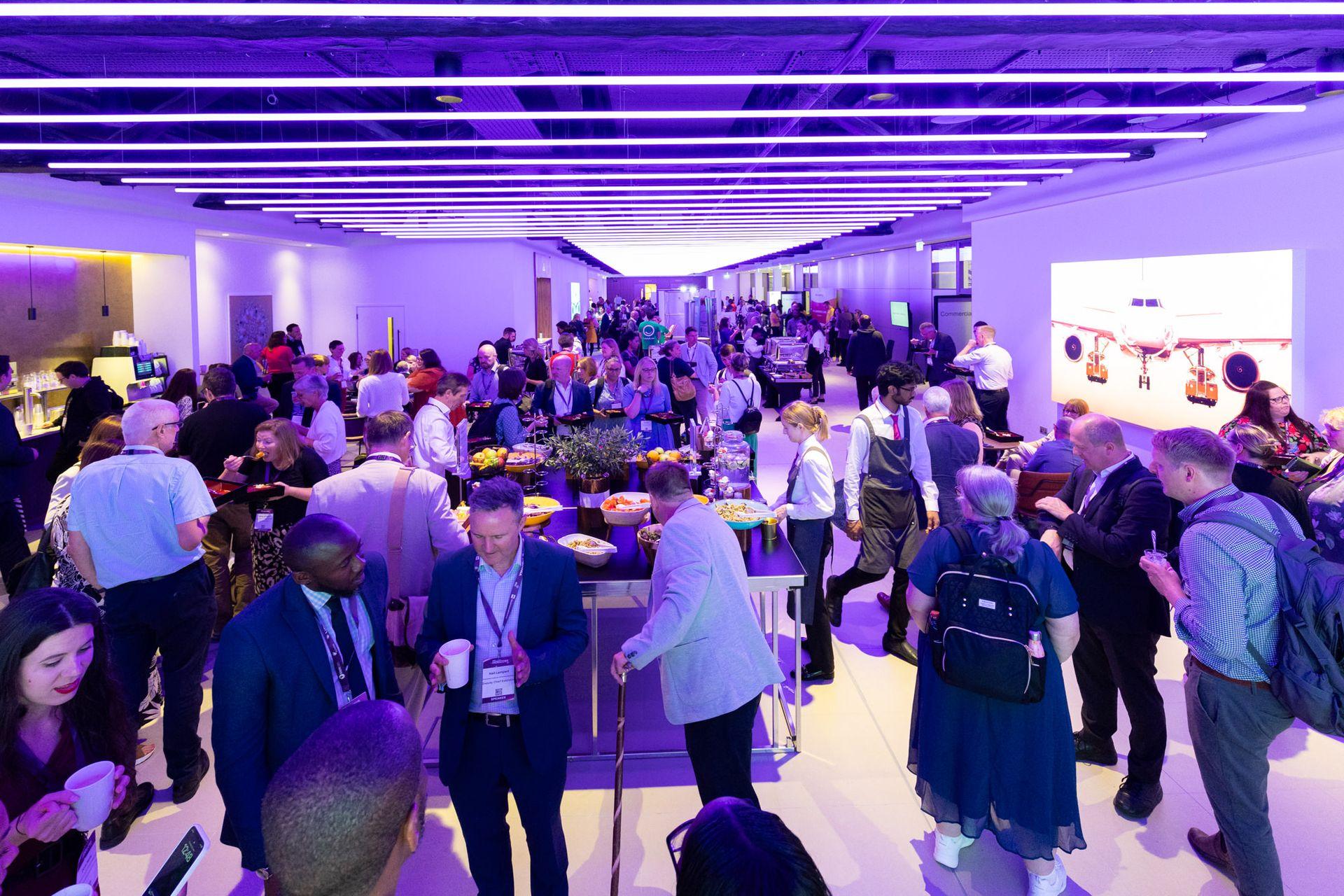What is your organisation doing to engage younger professionals? What challenges are you facing in reaching this audience? How can we captivate and empower them now, to keep our organisations sustainable in the future? These are just some of the questions explored in the Professionals of Tomorrow event, sponsored by MCI, and hosted by the Association of Anaesthetists.
The discussion was led by Jeroen van Liempd, Director Engagement, Associations & Communities, MCI Benelux, along with panellists, Emma Crawford and Laura Maubon. Emma is an Associate Principal Statistician, Health Technology Assessment Statistics, as well as a volunteer with PSI (Statisticians in the Pharmaceutical Industry). Laura is an Ophthalmologist at Moorfields Eye Hospital, and active in both the UK & Ireland Society of Cataract & Refractive Surgeons (UKISCRS) and the European Society (ESCRS).
Here are some of the insights and suggestions that came out of the session:
Segmentation
Associations need to segment our communities into different cohorts and think about how we target each one separately. That involves listening to members’ needs and expectations of our organisation.
Social Listening tools can help monitor social media channels to gauge what users – such as your younger communities, members or prospective members – are talking about, what’s keeping them busy, what makes them tick.
People at the beginning of their careers expect their membership body to support them to learn, develop their careers and expand their networks. Being part of a community is less of a concern for them. Their customer journey and the triggers that drive them to book a place at an event or purchase a product are different to those of more established members, too. How is your organisation responding to those differences?
Tailored events
For example, to engage with prospective members, PSI runs an annual careers event. Students can attend employer presentations or visit the stands of around 20-25 exhibitors to hear about the various job opportunities open to them post-university. PSI understands that students are the future of the organisation, hence the event is free for them to attend and travel costs are reimbursed.
Similarly, on the day before its main conference, UKISCRS hosts a dedicated young ophthalmologists’ event, with places available at a reduced rate. The day involves practical, interactive learning sessions in the lab and features a social lunch.
As well as removing financial barriers to participation, there are other ways to make events more appealing to younger participants. Attending your first conference can be daunting, so consider simple ways to help break the ice. Prior to the PSI conference in Gothenburg last year, a Whatsapp group was set up. PSI volunteers sent a message inviting first-time attendees to meet in the hotel and go up to the pre-conference social all together. UKISCRS organises pre-conference breakfast meetings for first-time attendees, offering an opportunity to meet and chat with peers, as well as volunteers from the Society.
Design and promote opportunities to make a meaningful contribution
The professionals of tomorrow want to know what good your organisation does, so communicate your mission and values to them.
Rather than coming up with token youth activities, consider offering time-bound opportunities to complete a particular aspect of a project. For example, draw on digital natives’ knowledge to inform the digital strategy, or identify alternative tools that could help the organisation run more smoothly. Tasks that enable participants to contribute to the mission or business model, within the limited free time they have available, can be empowering.
Given that early career members are the future of the organisation, they should be represented on all of the committees and governance structures, rather than making them wait until they have achieved a certain status. Are their views heard and taken seriously, in conferences and networking events, as well as committees?
Introduce specific early-career awards to incentivise participation
Where traditional awards criteria tend to cater for established members, a ‘Rising Star’ award can recognise and raise the profile of the contribution made by younger volunteers in the society or association.
Representation
Diversity and Inclusion is particularly important to this cohort. If members can’t see people like themselves represented in your activities, such as presenting at conference, they won’t come back.
A proactive younger community among the membership is likely to spread the word in their university or workplace about the value of your organisation, attracting other young people and creating a snowball effect.
Questions to consider
Does your organisation have a strategy to specifically engage younger people?
What are you doing to personalise their member journey?
Are you consciously thinking about how they fit in to your organisation, and what they can offer?
The next MCI Roundtable, on The Journey to Net Zero, will take place on 13th September. Find out more and book your place here.

